Welcome, Grinnellians, to the world of finance: through a new agreement with the University of Iowa’s Tippie College of Business, Grinnell College students now have a streamlined opportunity to earn a master’s degree in finance. Although this is not the first agreement Grinnell has made with other educational institutions, it’s the first for post-graduate instruction in finance.
The Tippie College is a STEM-designated college that, like Grinnell, emphasizes experiential learning. Students studying there learn though practical exercises with the Hart Fund, a fixed income-student-managed fund, and the Henry Fund, an equity fund for investments in stocks. Coursework in the Tippie College master’s finance program involves working with real clients as well as the funds’ real money.
Grinnell College President Anne Harris said she believes the new agreement embodies the Grinnellian way: “that liberal arts leads to anything.”
Students from all majors can take advantage of the new agreement. The program is capped at five students per academic year, and the requirements for entering into the program are to have taken at least three courses in quantitative reasoning and to have a 3.25 GPA.
“Those quantitative reasoning courses – you could get that really anywhere,” said Mark Peltz, dean of Careers, Life and Service at Grinnell. “Physics, computer science, biological chemistry, political science, mathematics, economics and statistics and on and on; those offerings are there.”
To apply to the streamlined program, prospective students will need to submit their transcript, resume and statement of purpose, which is “pretty typical” for applying to grad schools, according to Peltz.
In a normal year, the application process would have started in the fall semester for interested seniors; however, with the timing of the launch of the program, those interested should reach out to Mike Lawrence, director of the business & finance career community at the CLS, via email or virtual appointment on Handshake.
The business & finance career community is the second largest community group at Grinnell, making Lawrence always on the lookout new opportunities in the finance world. He attributes his recent work to flesh out the business & finance career community at the CLS in part to the support from the alumni network, saying, “the alums really make a positive difference in the type of events we can offer.”
And there may be benefits to Grinnell itself if the program gains traction among students. In a time when liberal-arts institutions are widely under financial strain from the continuing COVID-19 pandemic, offering a fast-tracked finance degree could give Grinnell an edge over peer institutions – and put it closer to the level of larger coastal universities – in the ever-growing college applications race.
“This is a more formal step towards creating pathways for students interested in finance,” said Harris. “This, to me, is the momentum that the liberal arts gives to any number of avenues. Even though we do not have a finance degree, we have so many opportunities to intercept with the world of finance.”
According to the US Bureau of Labor Statistics, the business and financial sector is projected to grow five percent from 2019 to 2029, faster than the average for all occupations. Furthermore, a survey found that in 2019, the median salary for people with a bachelor’s degree in finance was $52,483, compared with another 2019 survey’s finding that the median expected salary for those entering careers with a master’s finance degree rises to that of $85,000.
“Even with this specialized degree, students will still have some choices,” Peltz said. “They could pursue a professional career in finance or further their degree to a PhD.”
Despite Grinnell’s lack of a finance major, Harris said she believes the rigorous liberal arts education Grinnell provides will permit an advantage for those who pursue a career in the finance sector.
“The aspirational part for me is that Grinnellians are going to be the ones that change the conversation in the room,” Harris said. “So, if there are equitable and ethical considerations to be made in business and finance, I know Grinnellians will be the ones to do it.
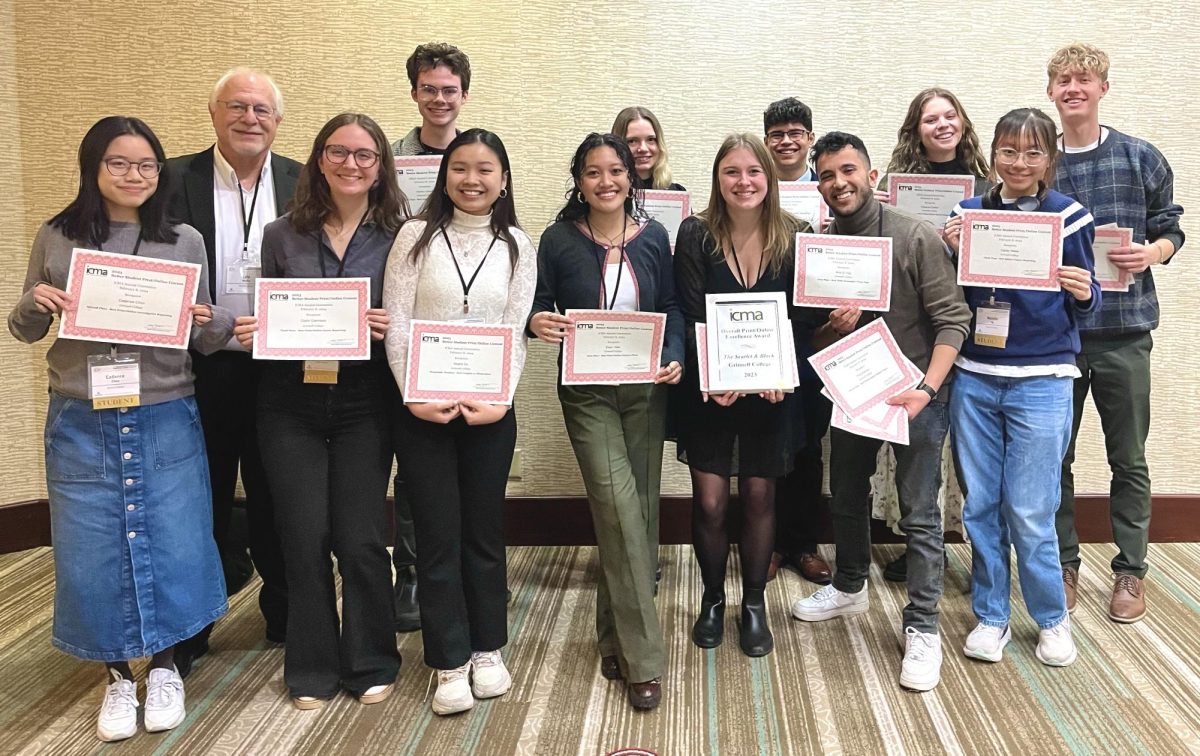


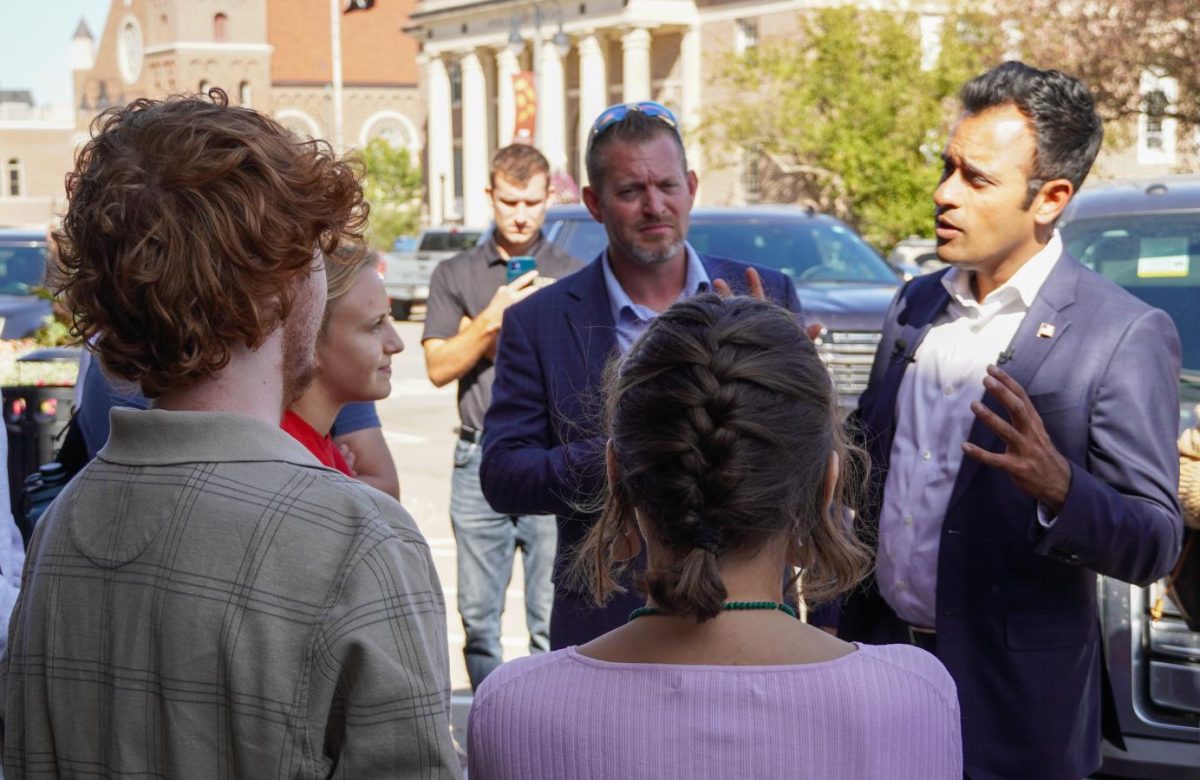

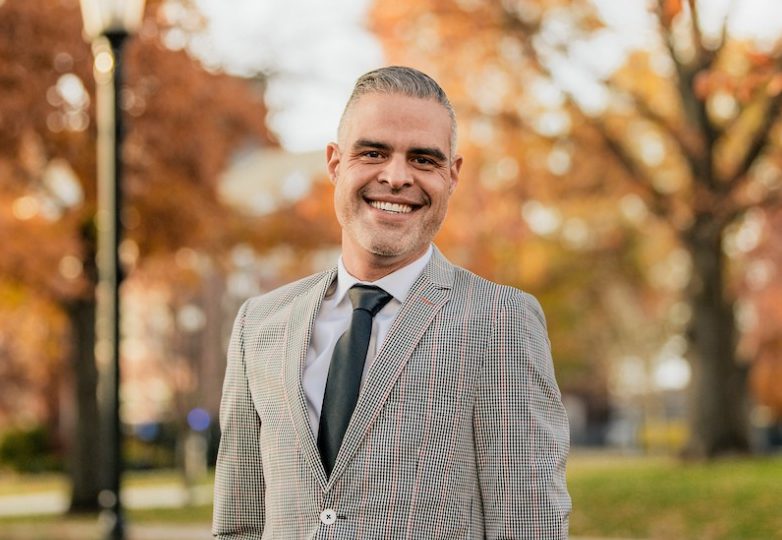



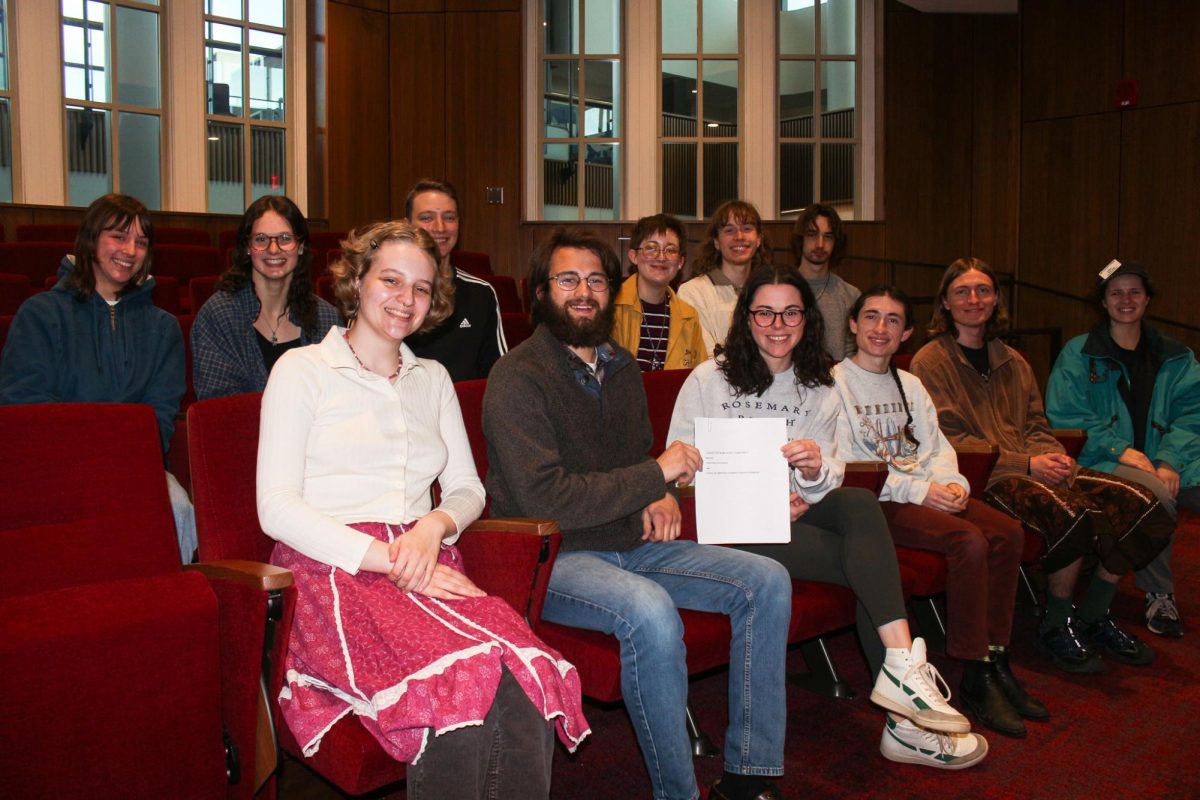












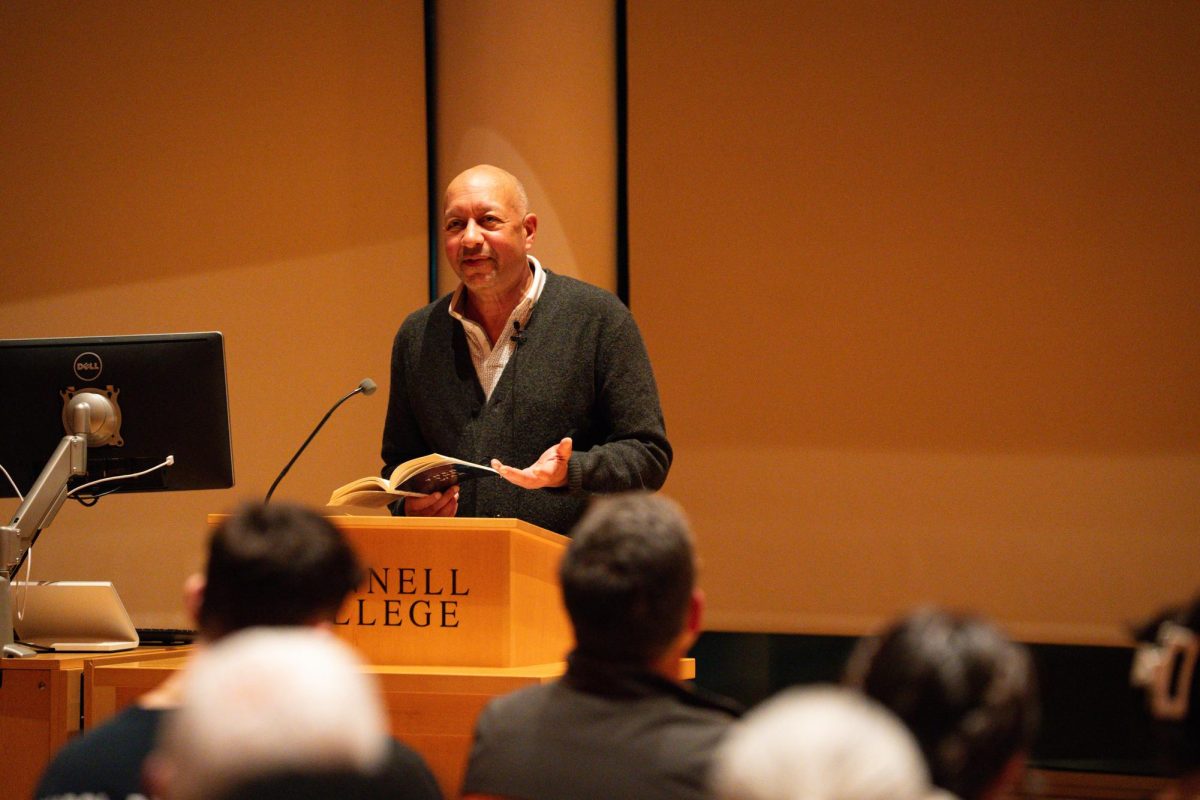








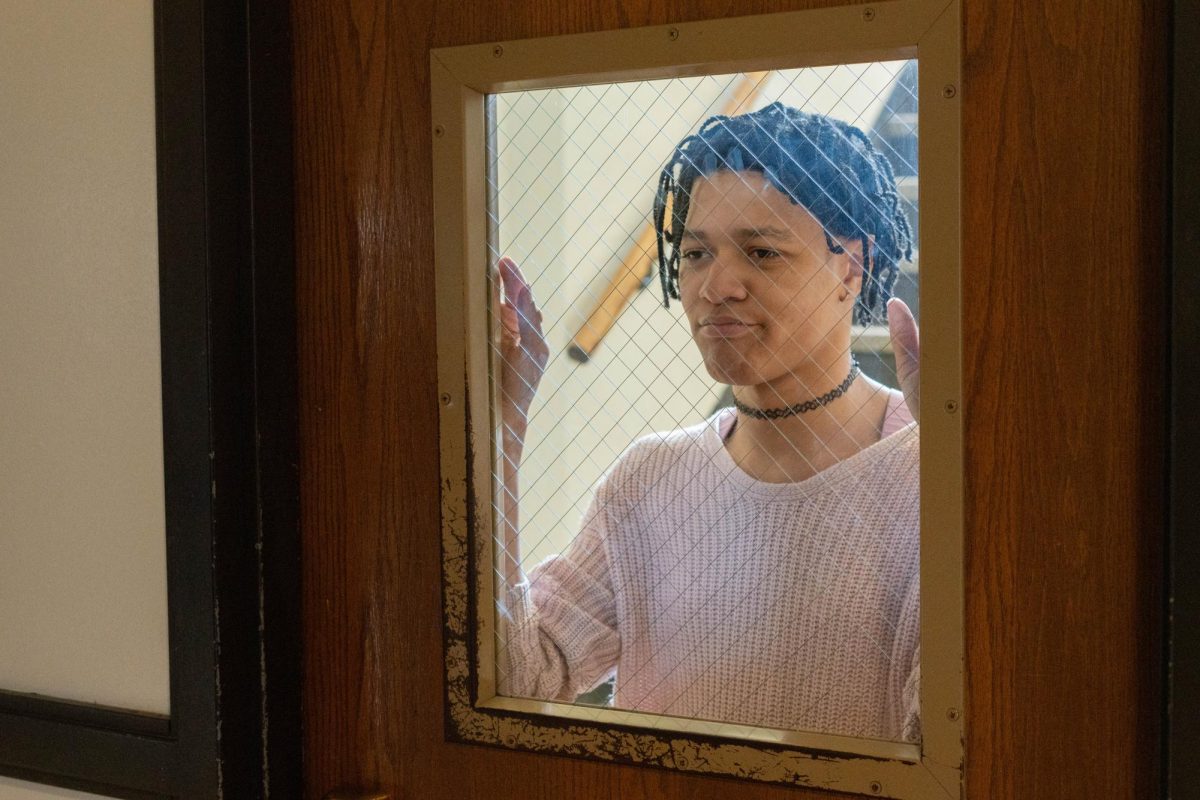












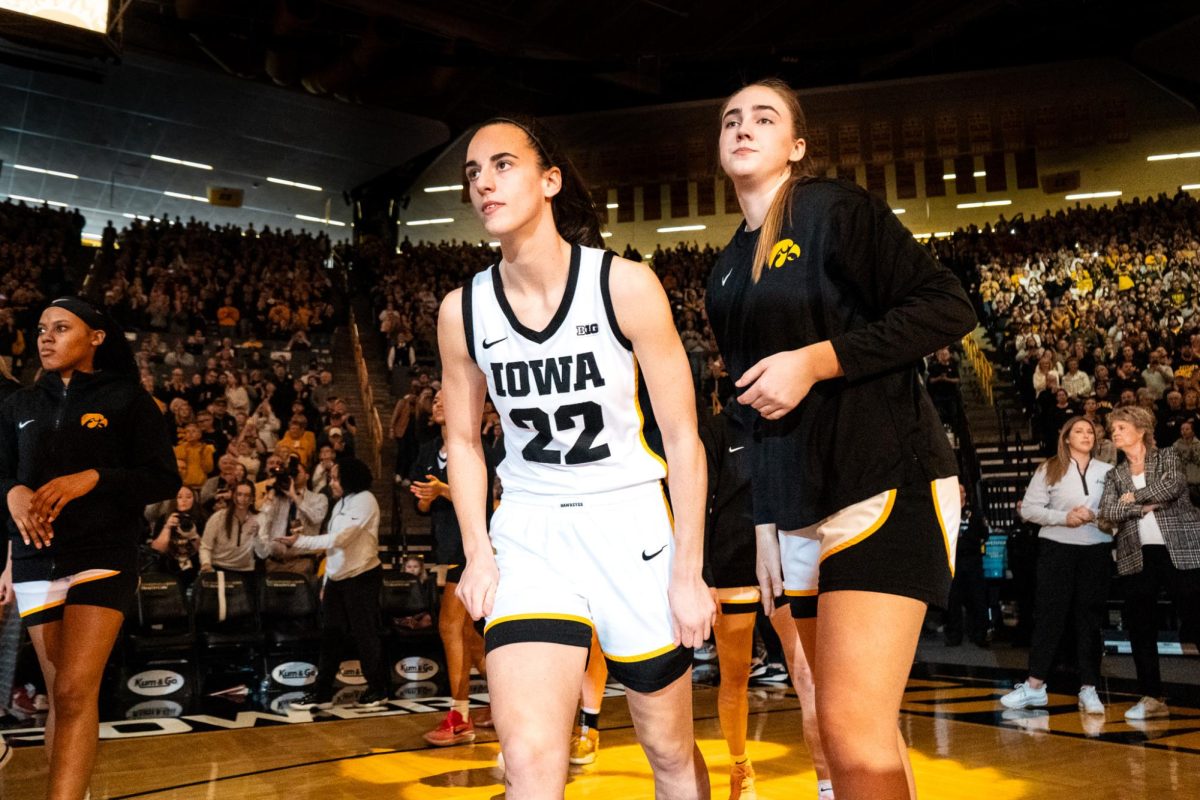







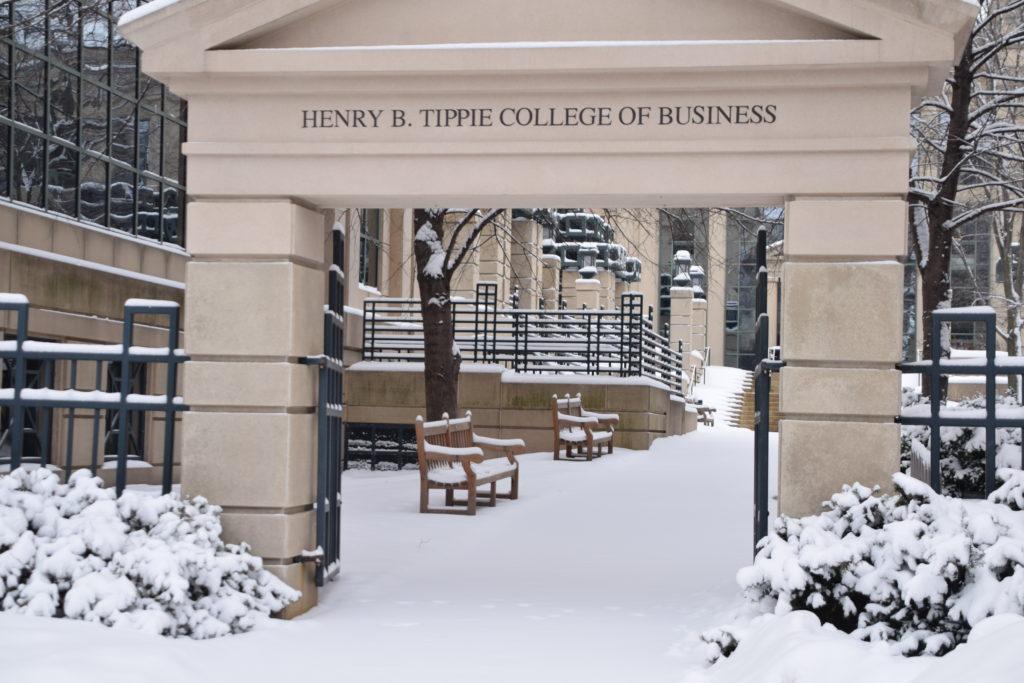









Zach Cantrell • Feb 20, 2021 at 12:42 am
This was a wonderful article!! So well-written! And glad to hear that students hoping to pursue finance will have another great opportunity to do so!